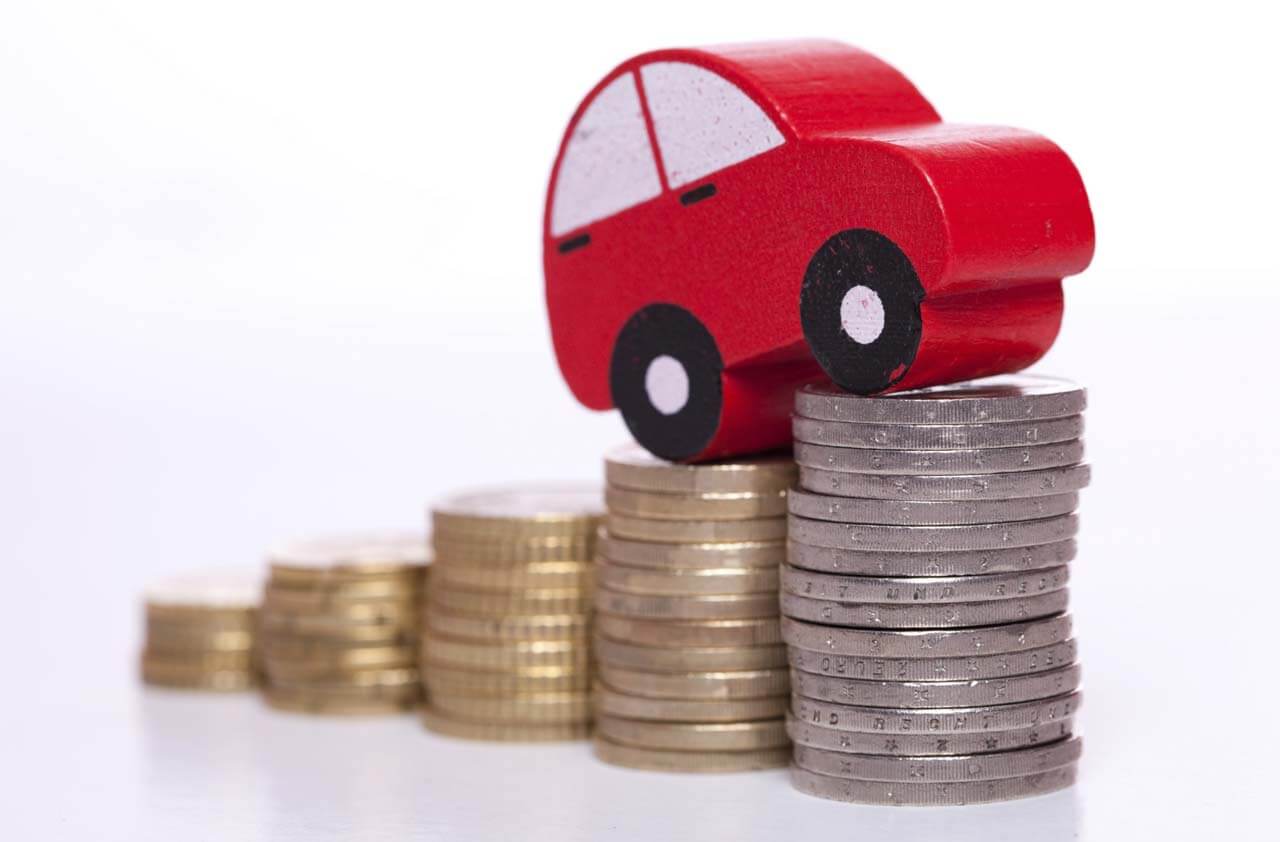Private car ownership is a costly proposition, and auto insurance makes it even more expensive. In America, it is the third-largest expense of a car owner, according to the latest infographic from a car insurance review site called Carsurance. Insured motorists in India and other countries are probably in the same position.
Nobody likes to pay for something you might never use, but you would rather be insured as you brave the traffic than risk not having any protection for your finances in case you get into an accident.
Although you should swallow the fact that auto insurance is a necessary bill, what you should not accept is paying an unfair premium. There is a great chance that your insurer is overcharging you for one simple reason — you agree to overpay.
How do you know when you are paying a higher car insurance rate than you should? Below are the signs to look for.
You Received No Traffic Offenses in a While
First of all, your car insurance rate is calculated based on your risk of getting involved in a crash. If you had a bad reputation for being a reckless driver, it is fair and logical for your insurer to charge you more than customers who are deemed safer drivers on paper.
But if you have proven to be a model motorist with no tickets for a long period, your premium should go down as an incentive for your good behavior. When your bill reflects otherwise, talk to your insurance carrier about it.
In a perfect world, all insurance companies would always adjust their premiums in favor of customers who deserve it. In reality, it is your responsibility to stay on top of your record and to take the initiative to ask for a rate reduction.
You Built Your Credit Successfully
Credit is among the plethora of qualifications insurance carriers think about when charging customers individually. While a person’s credit history is a non-driving factor, auto insurers claim that it is correlated with loss based on industry data.
Consumer rights advocates question the ethics of this practice, stating that it discriminates against certain individuals. After all, bad-credit drivers are usually in financial distress, so they tend to file claims more often than cash-rich car owners because they probably could not afford to pay for minor repairs out of pocket.
Regardless of how you feel about this rule, all you can do is to use it to your advantage. If your credit has improved since you signed your auto insurance policy, your rate should not go up at least.
You Get Lousy Service
Good customer service is something you should expect in return for your business, but it is one of the first things you must be ready to give up if you want a rock-bottom rate.
But if you are paying top dollar and still have to contend with lengthy hold times and grumpy customer care representatives, you may want to reconsider your insurance carrier or at least renegotiate your premium.
You Live in a Safer Neighborhood
Did you recently move to a community with a lower crime and accident rate? You should start paying for a lower rate, for your car is less likely to be vandalized, stolen, or hit by another vehicle in your current place of residence.
Inform your insurance carrier about your relocation and negotiate for a more favorable rate. If your insurer does not cave, feel free to shop around.
You Work Closer Now
Driving fewer miles a year is good news to your auto insurance company. The less time you spend on the road, the less risk of a traffic accident. Again, proactively notify your insurer about it to lower your bill ASAP.
You Pay on Installment
Believe it or not, some carriers penalize customers that want to pay for auto insurance in installments. Breaking up a premium into monthly bills makes it more manageable for a customer, but this also means an insurer has to wait a longer time to receive all of the profit it expects to reap from the policyholder.
If you could pay for the annual premium in one lump sum, you might be able to decrease your overall auto insurance cost.
You Use Different Insurers
Bundle insurance is not the only way to get discounts. An auto insurer may also offer other types of coverage, so strongly consider getting all of your insurance needs from a single carrier. This way, you will put yourself in a better position to ask for lower rates because you bring more business to the company.
You Are a Loyal Customer
It sounds crazy, but it is true. Loyal customers sometimes do not get real love from their long-time insurance carriers. An old customer is not a flight risk in the eyes of an auto insurer, so there is little reason to use a lower rate as a retention tool.
Yes, you may have received occasional discounts as a sign of gratitude for your loyalty, but you may also have experienced rate increases that offset or exceeded the initial rewards you earned.
Review your payment history to see any pattern of rate hikes and drops, so you can witness how your auto insurer truly values your business.
Bottom Line
When it comes to overcharging auto insurance, nobody’s hands are clean. It is futile to look for an absolutely honest insurer, for any carrier is only trustworthy until it is not.
As a customer, you have to be vigilant about understanding what you are paying for and to be not afraid of switching insurance companies if it means getting the most value for your money in the long run.
ᐧ



